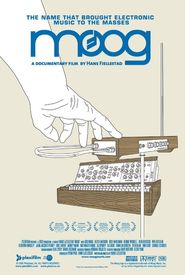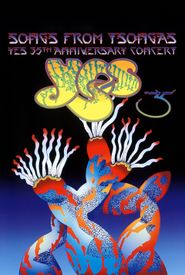Rick Wakeman's remarkable career as a keyboardist has spanned multiple decades, with his work on classic albums by Yes, his successful solo endeavors, and his contributions to iconic David Bowie songs cementing his status as one of rock's greatest ever keyboardists.
Born with a natural affinity for music, Wakeman was educated at Drayton Manor County Grammar School, where he received a classically trained piano education. He later attended the prestigious Royal College of Music, although he left without graduating.
Wakeman's early career was marked by his work as a session musician at Trident Studios, where he played Mellotron on David Bowie's groundbreaking single "Space Oddity". This collaboration led to Bowie subsequently asking Wakeman to play on his acclaimed album "Hunky Dory", which featured the iconic tracks "Life on Mars", "Changes", and "Oh! You Pretty Things", all of which showcased Wakeman's exceptional piano skills.
In the early 1970s, Wakeman was one of the most sought-after keyboardists in Britain, with offers to join both Yes and David Bowie's band The Spiders from Mars on the table. He ultimately chose to join Yes, with whom he recorded several of the most renowned albums in the progressive rock genre, including "Fragile", "Close to the Edge", and "Tales from Topographic Oceans".
In addition to his work with Yes, Wakeman also released several hugely successful solo albums during the 1970s, including "The Six Wives of Henry VIII", "Journey to the Centre of the Earth", and "The Myths and Legends of King Arthur and the Knights of the Round Table".
However, the late 1970s saw a decline in Wakeman's popularity, as punk rock emerged and progressive rock fell out of favor. Nevertheless, he continued to work as a musician, releasing albums that, although not as commercially successful, remained true to his artistic vision.
In his later years, Wakeman has become equally renowned as a radio and television broadcaster, cementing his status as a multifaceted talent with a career spanning multiple decades.




































